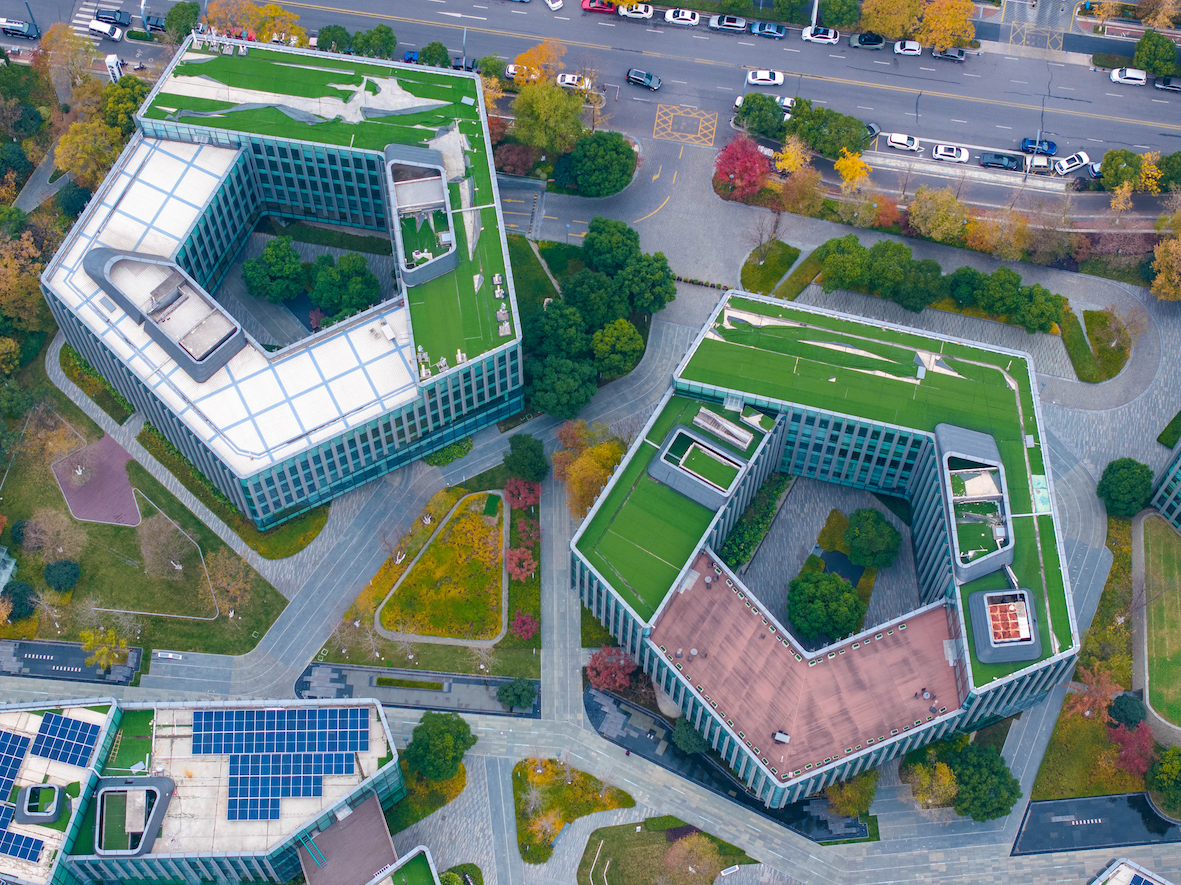Donald Trump’s reascension to the US presidency and his embrace of an America-first mixture of isolationism and hostility is going to force hard choices and pragmatic decisions in every area of global governance. The old order — multilateralism, respect for the rule of law, promotion of individual rights and freedoms — is crumbling before our eyes. It remains to be seen what will replace it.
Few areas of global governance will be as severely affected as global climate change. In 2023, the Intergovernmental Panel on Climate Change (IPCC) emphatically delivered a “final warning” that immediate, comprehensive action is necessary to limit the worst effects of planetary warming.
As Kaisa Kosonen, a climate expert with Greenpeace International, told The Guardian: “This report is definitely a final warning on 1.5C. If governments just stay on their current policies, the remaining carbon budget will be used up before the next IPCC report [due in 2030].” That’s five years from now.
While some observers remain hopeful that “climate progress can survive Trump 2.0,” the reality is that with the world’s dominant power sidelined and likely to act against climate interests, boosting gas exports and oil drilling, Trump’s election forces us to ask the uncomfortable question: Does the world still have a chance to avoid the worst outcomes of an overheated planet?
Fortunately, Australian National University and European University Institute professor Peter Drahos addresses exactly this question in his 2021 book, Survival Governance: Energy and Climate in the Chinese Century (Oxford University Press). (Disclosure: Drahos is a friend who also blurbed my and Natasha Tusikov’s 2023 book The New Knowledge: Information, Data and the Remaking of Global Power.)
As the subtitle suggests, you’re probably not going to like Drahos’s answer: Chinese global economic leadership, in clean technology at least, is necessary to address climate change, particularly in the absence of US leadership.
However, while this might not be the book we want, it’s the book we need.
Drahos is not a reflexive sinophile. Throughout this book, he makes clear that he is fully aware of the evils of China’s authoritarian regime.
Indeed, Drahos is a meticulous, unflinching scholar. With John Braithwaite, he literally wrote the book on global business regulation. He’s also one of the world’s, if not the world’s, leading intellectual property (IP) scholars. The global response to the climate emergency is constituted by the rules enacted to address it. IP laws will play a key role in determining who will be able to access, and restrict access to, planet-saving clean technologies.
Drahos brings this lifetime of experience, expertise and skill to bear on the climate emergency, laying out its political economy calculus with remorseless precision. He’s unafraid to follow his research where it leads, no matter how uncomfortable he, or his readers, may be with the destination.
His starting point: given the already-happening climate change damages and stark deadlines, beyond which lie unknowable dangers, we need to act now to move to a carbon-free future. The problem is that only a powerful state has the juice to shift the world economy onto a zero-carbon track in time to make a real difference.
Drahos considers, and dismisses, three of four potential champions. Even before Trump, the United States was too enmeshed in a carbon economy to make the changes needed soon enough to make a difference. With Trump in power, that’s now a certainty. The European Union has its heart in the right place but is shackled by its fragmented internal energy market. India could potentially lead, but let’s just say they’re dealing with a lot, removing them from contention.
By process of elimination, Drahos arrives at Chinese leadership as our best (though still very slim, as he is careful to note) way out of the worst of the climate emergency.
China, he argues, is not as embedded in the carbon economy as the United States, having industrialized much later. It has the internal scale to experiment with clean technologies on a massive level: a section of the book explores the many, many experiments China is running with environmentally friendly alternative-city designs. The results can be seen in the massive jumps in the quality and use of its electric vehicles (EVs).
Its giant internal market and external connections via the Belt and Road Initiative enable it to entice international companies to adopt green approaches and products in order to do business in China. Finally, it has an innovative bureaucratic setup — whose effectiveness, Drahos argues, is independent from Chinese authoritarian rule (though others will disagree), and able to deliver results.
For many, Chinese Communist Party economic leadership in any global governance endeavour would be a tough pill to swallow. When I present Drahos’s argument to my graduate students, the young people who will have to live with the worst of the climate disaster, most of them effectively said that they’d rather take their chances with a shattered climate than Chinese leadership. “Better dead than red,” as American hawks put it during the Cold War, twenty-first-century style.
But if one accepts Drahos’s analysis, the policy response for the rest of the world is clear: remove barriers to the trade in clean technologies and encourage the transfer of cleantech knowledge such as patents.
Would that things were so simple. Drahos, as unflinchingly as he presents his evidence (based on hundreds of interviews across several continents), coldly highlights how US attempts to defend its global dominance and economic protectionism stand in the way of a global red-green revolution.
Right on cue, Western countries are moving to block Chinese green tech, as part of a more general attempt to isolate and decouple their economies from China’s.
Case in point? Canada. At the very moment when countries should be doing all they can to slow global heating, the federal government has placed a 100 percent tariff on Chinese EVs, mirroring US actions earlier this year. Just as countries should be freely sharing patents and other knowledge to encourage widespread cleantech adoption, Canada is restricting research collaborations with Chinese academics and IP development in several climate-related areas, outlined in its Sensitive Technology Research Areas document.
And a November 2024 parliamentary committee report calls on the federal government to go even further, recommending it immediately end government research collaboration with Chinese institutions and individuals in areas such as “advanced digital infrastructure technology; advanced energy technology; advanced materials and manufacturing; advanced sensing and surveillance;…artificial intelligence and big data technology,” to name a few.
All these areas are essential cleantech components. Intentionally or not, these restrictions will slow cleantech’s global spread.
Such restrictions may make sense from a narrow, economic competitiveness or national security perspective (if not from a consumer perspective), or a desire to stay onside of an increasingly authoritarian United States.
But Drahos’s unsparing book makes clear that the cost of this approach — the attempted shackling of China’s green tech ambitions — will likely contribute directly to worsening the global climate emergency.
Drahos’s great service is that he lays bare the unpalatable hard choice before us: economic protectionism and national security (increasingly treated as one and the same), in the name of continued dominance of a West whose leading country is no longer committed to a rules-based international system or authoritarian China’s economic dominance in clean technology, in exchange for a shot at moving fast enough on climate change to make a difference for us and future generations. Welcome to the mid-2020s.



